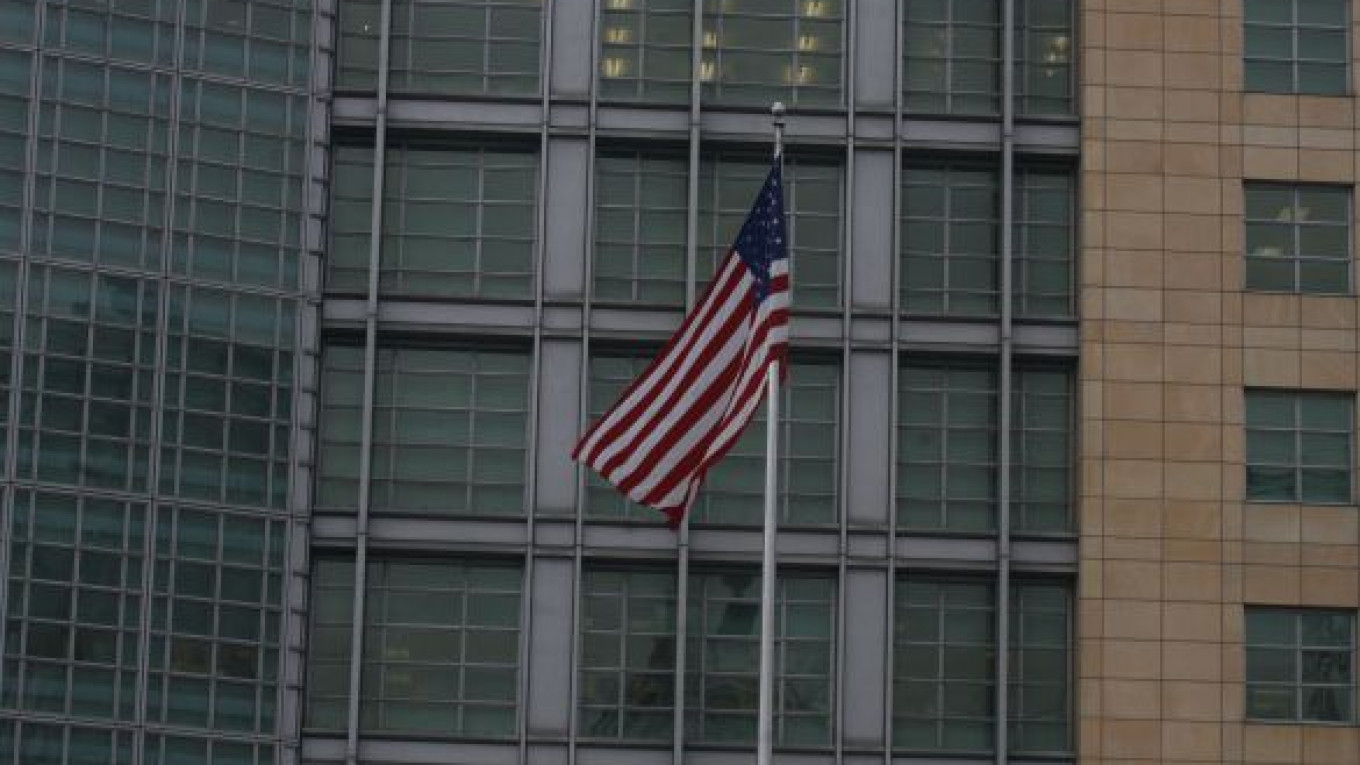A much-delayed visa facilitation agreement with the United States has not even made it from the government to the State Duma for ratification.
A Justice Ministry spokeswoman said Thursday that the ministry conducted a legal analysis of the agreement. The results had been forwarded to the Foreign Ministry only on Wednesday, the spokeswoman said, speaking on condition of anonymity because she had not authorized to speak on the record.
It was unclear when the Foreign Ministry would formally hand over the draft bill to the Duma, meaning ratification is unlikely to come soon.
The planned changes would make three-year multiple-entry visas the norm for both tourists and business travelers from both countries. The improvement would be felt mostly by Americans because the United States already gives long-term visas to most Russian applicants.
But the liberalization poses a challenge to Moscow because Russian law does not envisage three-year multiple-entry visas, Kommersant reported Thursday.
“Therefore the Duma must pass a whole series of regulations, which are now being prepared,” the paper quoted an unnamed source in the Foreign Ministry.
The Foreign Ministry did not respond to written questions Thursday.
The agreement has been mired by bureaucratic holdups since it was announced last summer by then-U.S. Ambassador John Beyrle.
Foreign Minister Sergei Lavrov initially promised that it would become law by Christmas 2011. The agreement underwent a four-month “interagency process” within the government before being finalized with an exchange of notes between Lavrov and Secretary of State Hillary Clinton in November.
It subsequently emerged that Russian law requires the agreement, which faces no hurdles in the United States, to be ratified by both houses of parliament. The Duma has since shown little enthusiasm for the bill and a senior United Russia lawmaker said last month that parliament might wait until the U.S. presidential election before taking up ratification.
Lavrov was to face questions about the holdup during a meeting with Clinton in Washington Thursday, Kommersant reported.
A Message from The Moscow Times:
Dear readers,
We are facing unprecedented challenges. Russia's Prosecutor General's Office has designated The Moscow Times as an "undesirable" organization, criminalizing our work and putting our staff at risk of prosecution. This follows our earlier unjust labeling as a "foreign agent."
These actions are direct attempts to silence independent journalism in Russia. The authorities claim our work "discredits the decisions of the Russian leadership." We see things differently: we strive to provide accurate, unbiased reporting on Russia.
We, the journalists of The Moscow Times, refuse to be silenced. But to continue our work, we need your help.
Your support, no matter how small, makes a world of difference. If you can, please support us monthly starting from just $2. It's quick to set up, and every contribution makes a significant impact.
By supporting The Moscow Times, you're defending open, independent journalism in the face of repression. Thank you for standing with us.
Remind me later.







